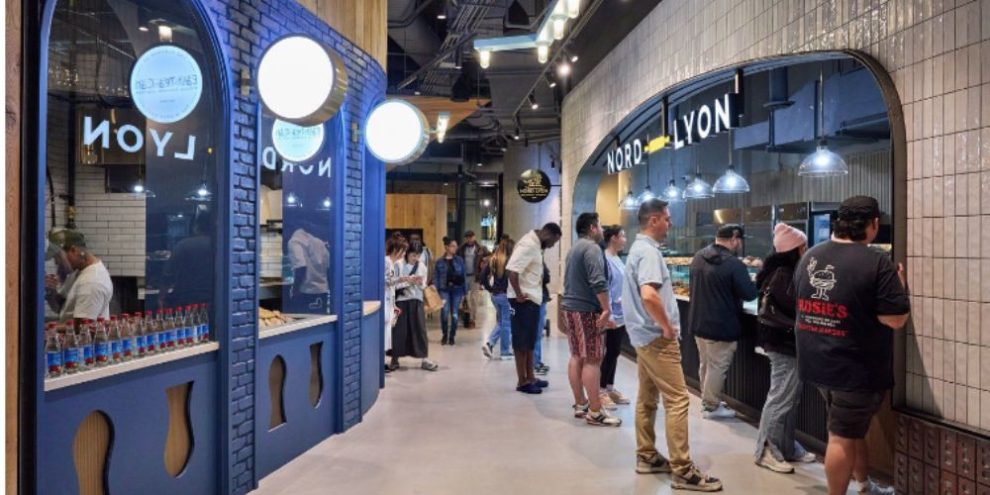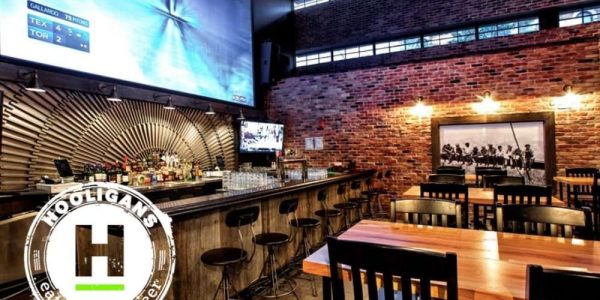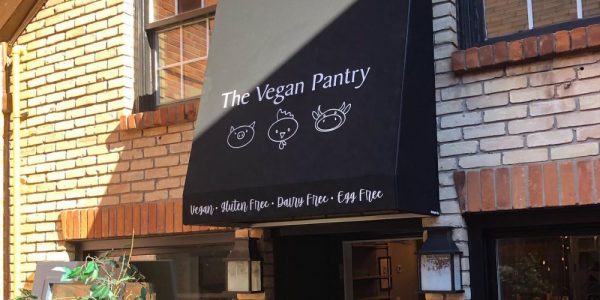
For decades, Canada’s food courts were cookie-cutter spaces jammed with the same dozen or so chains hawking dishes ideal for lunch breaks or snacking at the mall.
But a new wave of dining spaces has thrown that playbook out the window, sandwiching dozens of lesser-known brands with growing followings into chic sites, where everyone from 20-somethings on dates to in-the-know grandparents have a dizzying array of cuisines to feast on at a table of their choosing.
The spaces, known as food halls, have turned Canada’s approach to commercial and communal dining spaces upside down as they spread from coast to coast.
These days, most of the country’s major cities have at least one food hall, if not several, and many think this is just the beginning.
"You're going to see more of them over time and you're going to have, I think, a population that really desires these new kinds of food experiences," said Jonathan Gitlin, chief executive of RioCan Real Estate Investment Trust.
"There's a lot of room and space for more of these types of markets."
His company recently got in on the food hall trend when it opened a 50-vendor dining space called Wellington Market in a pocket of the Well, the gargantuan new residential, office and retail complex RioCan partnered with Allied Properties to build in Toronto.
The market can hold 3,400 people and has everything from lobster rolls to ramen noodles and falafel on offer. There's even a grocer, a florist and a wine shop on site and an adjoining event venue set to host painting, mixology, food and photography classes.
The vision for the Wellington Market came together years ago, when RioCan sent out staff to walk the streets of Toronto and uncover a mix of brands considered to be hidden gems.
Back then, Gitlin recalls that "food halls were starting to become a bit of a craze" but hadn't reached their recent level of ubiquity.
The Wellington Market houses Toronto's first Japadog restaurant, its third Rosie's Burgers shop and its fourth Islands Caribbean Cookshop.
Though it's hard to trace the modern origins of the food hall, many believe the model harkens back to European department stores, which opened food halls on London's high streets decades ago, or to Eataly – a chain of Italian food emporiums featuring a grocery component, a bar and sit-down and quick-service restaurants.
Now, Toronto has at least five food halls in the downtown core alone and several have sprung up in Montreal, Calgary, Ottawa and beyond, with more on the way.
The Oakridge Park shopping centre in Vancouver will get a food hall next year, around the same time that Eataly will bring its fourth Toronto location to the Eaton Centre mall, where Oliver & Bonacini just opened its new Queen's Cross Food Hall.
"We may be getting to be peak food hall," said Gillian Gonzalez-Risso, the Vancouver-based owner of Feast Culinary Consulting.
"But I can't say for sure. It all depends on the neighbourhood."
The reason why they've proliferated in some regions of the country likely has to do with the value proposition they offer to restauranteurs and landlords, Gonzalez-Risso said.
Entrepreneurs adore them because it's often more affordable to open a food hall stall than a full-fledged restaurant, where rent can cost several hundreds of dollars per square foot and operational expenses can't often be shared with fellow vendors.
"When you look at a food hall ... you don't have to pay for servers and you can probably share security, cleaning, utilities," Gonzalez-Risso said.
They also often generate a lot of traffic because food halls tend to have a more eclectic mix of businesses that can't be found on every street corner.
The lack of household names means "we're getting a bit more shine," said Bradley Chin, co-owner of Islands Caribbean Cookshop, which has a location at Wellington Market.
Landlords like the arrangement, too, because food halls can cover a lot of square feet, draw in visitors that will linger at their properties and also double as event venues they can rent out.
But as more crop up, the pressure to keep the spaces exciting only mounts.
"Part of the appeal with having these places is that each individual food hall is special and interesting and compelling, and obviously if that's eroded, they'll be less compelling," Gonzalez-Risso said.
Competition doesn't frighten Sandy Hayek, chief executive of Time Out Market.
Her firm has a food hall in Montreal and seven others in major international cities. Another eight, including one in Vancouver, are on the way.
She predicts even more will crop up as her company and others branch out from opening food halls in urban areas and city centres.
"We are now also looking at airports, repurposed office buildings and continue to be interested in malls in high-traffic locations which are proving to have huge demand," she said in an email.
As her food hall count grows, so does the concept's other priorities.
For example, she predicts the next stage of food halls will see a wave of sustainability measures, technology such as self-service kiosks, mobile ordering and digital menu boards, and enhanced curation efforts that cater to consumers' evolving palates with gluten-free and plant-based options.
"Food hall concepts are only just at the beginning," she said.
This report by The Canadian Press was first published June 7, 2024.











